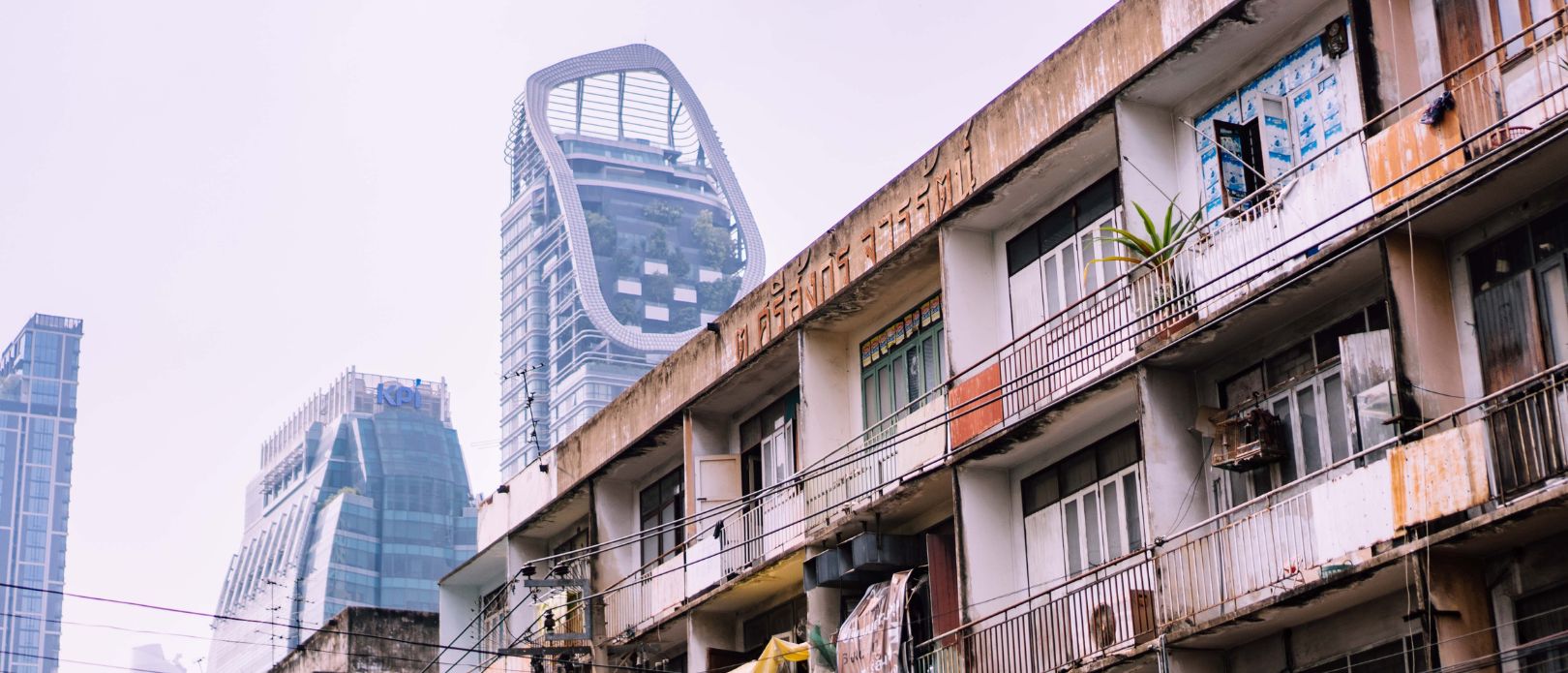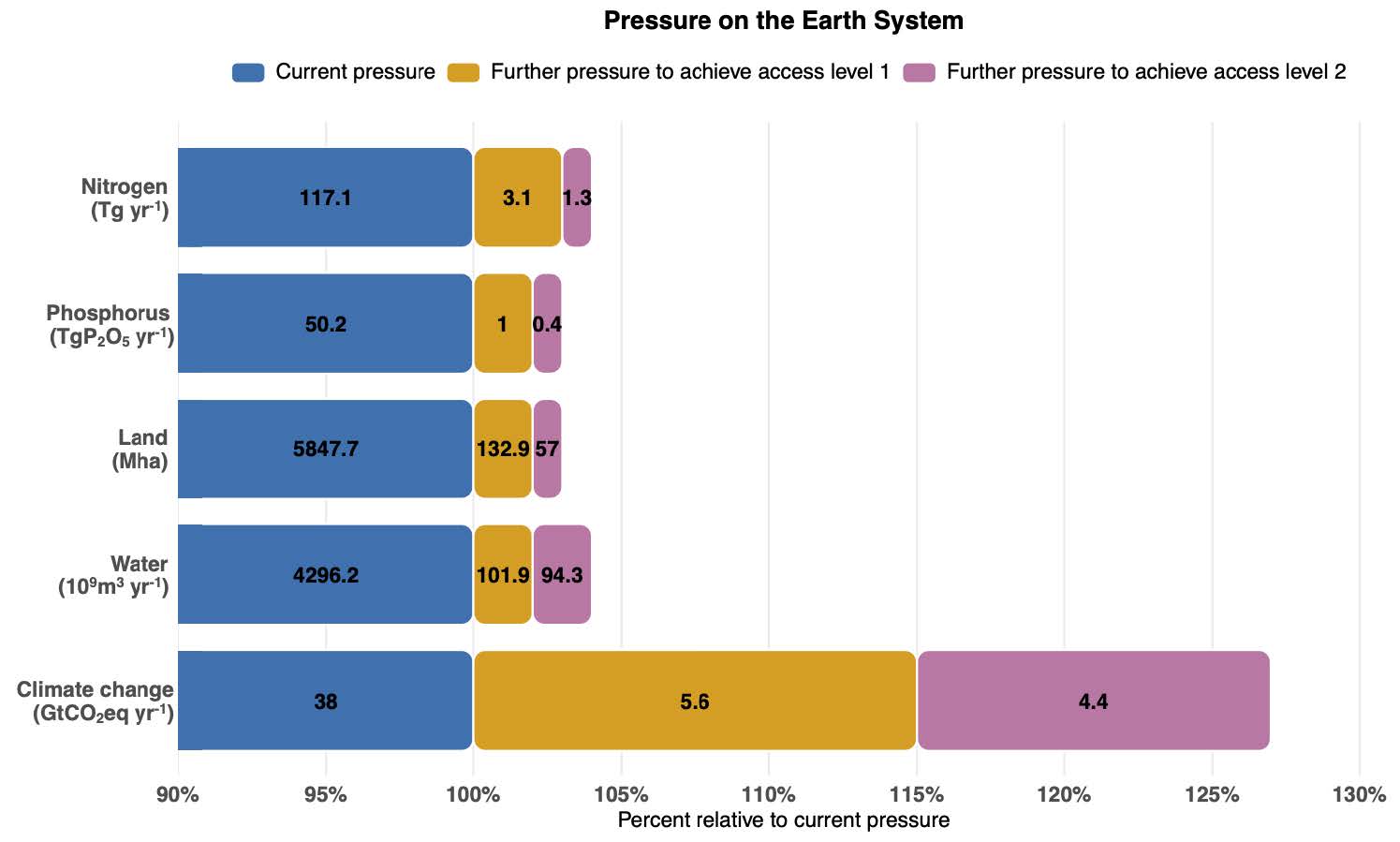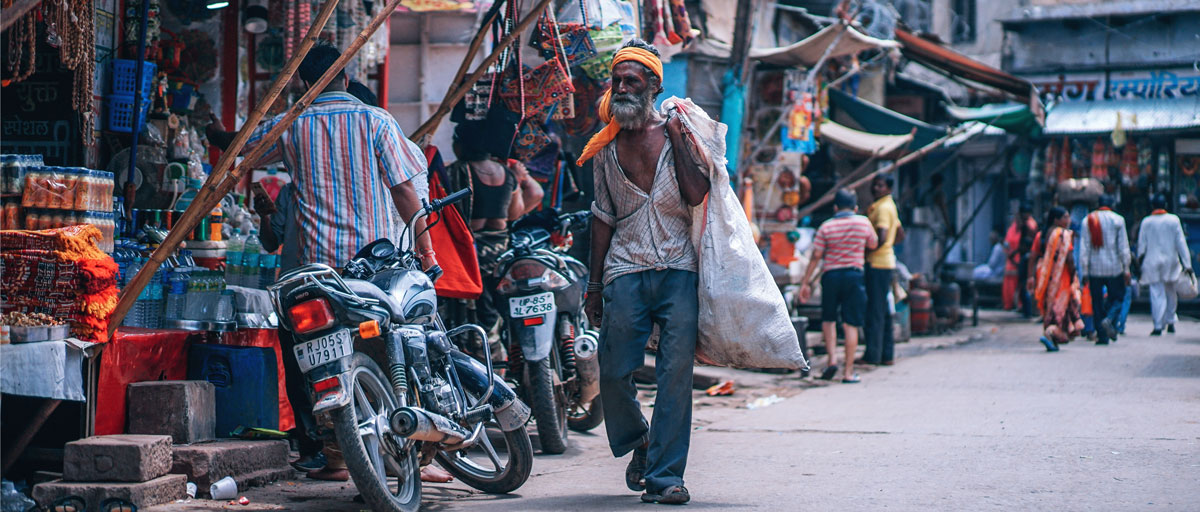Global inequality
Fair global redistribution of resources is key for planetary stability

Climate impacts are hitting harder on those who lack the resources to cope with them, both internationally and within countries. Photo by: Nick van den Berg, Unsplash
Redistributing resources and transforming society are necessary to ensure universal access to basic needs while staying within Earth’s limits
- Fundamental changes are needed to address poverty and inequality while reducing environmental impacts
- Environmental pressures arising from the poorest third of humanity equal the pressures caused by the wealthiest 1-4%
- Those who have more means to reduce dangerous greenhouse gas emissions also have a greater responsibility to do so
A DIGNIFIED LIFE FOR ALL: What would be the additional pressures on the Earth system if adequate minimum access to food, water, energy and infrastructure was achieved?
In a new study published in the journal Nature Sustainability, an international team of scientists, including centre researchers Laura Pereira, David McKay, Steven Lade and Johan Rockström, investigated the Earth system impacts of achieving a dignified life for all. The study was inspired by discussions on potential trade-offs between achieving social and environmental goals.
"The paper points to the importance of fundamental transformative changes that address poverty and inequality while reducing environmental impacts – there is an urgent need for new political, economic, behavioural, and technological systems that protect people and the planet,” says co-author and centre researcher Laura Pereira.
The authors looked beyond the international poverty line, and instead defined ‘just access’ as minimum per capita requirements that would allow people to lead a dignified life free from poverty. Their analysis showed an increase of pressures on the Earth’s natural systems, raising greenhouse gas emissions by 26% whilst raising water and land use, and nutrient pollution by 2-5%.

Earth system impacts of just access for 2018
The great inequality
The analysis also showed that these pressures, arising from the poorest third of humanity achieving adequate resource access, equalled the pressures caused by the wealthiest 1-4%. This means, that in order to achieve societal and environmental goals, it is the wealthy who need to undergo transformative change, not those who are living in poverty.
Those who have more means to reduce dangerous greenhouse gas emissions also have a greater responsibility to do so.
Johan Rockström, centre researcher
“It is the wealthy who appropriate the bulk of the Earth’s resources, not the poor,” says lead author, Crelis Rammelt from the University of Amsterdam and Earth Commission.
The authors therefore link the ‘Great Acceleration’ of rapid increases in human-driven environmental impacts with a ‘Great Inequality’.
"While it becomes clear that people in poverty are not causing the climate problem, it's also clear that we need to solve climate, to solve inequity. Climate impacts are hitting harder on those who lack the resources to cope with them, both internationally and within countries. When it comes to taking action, those who have more means to reduce dangerous greenhouse gas emissions also have a greater responsibility to do so,” says centre researcher Johan Rockström.
Read Impacts of Meeting Minimum Access on Critical Earth Systems amidst the Great Inequality
Rammelta, C.F., Gupta, J., Liverman, D., Scholtens, J., Ciobanua, D., Abrams, J.F., Bai, X., Gifford, L., Gordon, C., Hurlbert, M., Inoue, C.Y.A., Jacobson, L., Lade, S.J., Lenton, T.M., McKay, D.A., Nakicenovic, N., Okereke, C., Otto, I.M., Pereira, L., Prodani, K., Rockström, J., Stewart-Koster, B., Verburg, P.H., Zimm, C. 2022. Impacts of Meeting Minimum Access on Critical Earth Systems amidst the Great Inequality. Nature Sustainability.
DOI: 10.31235/osf.io/tj2d3









